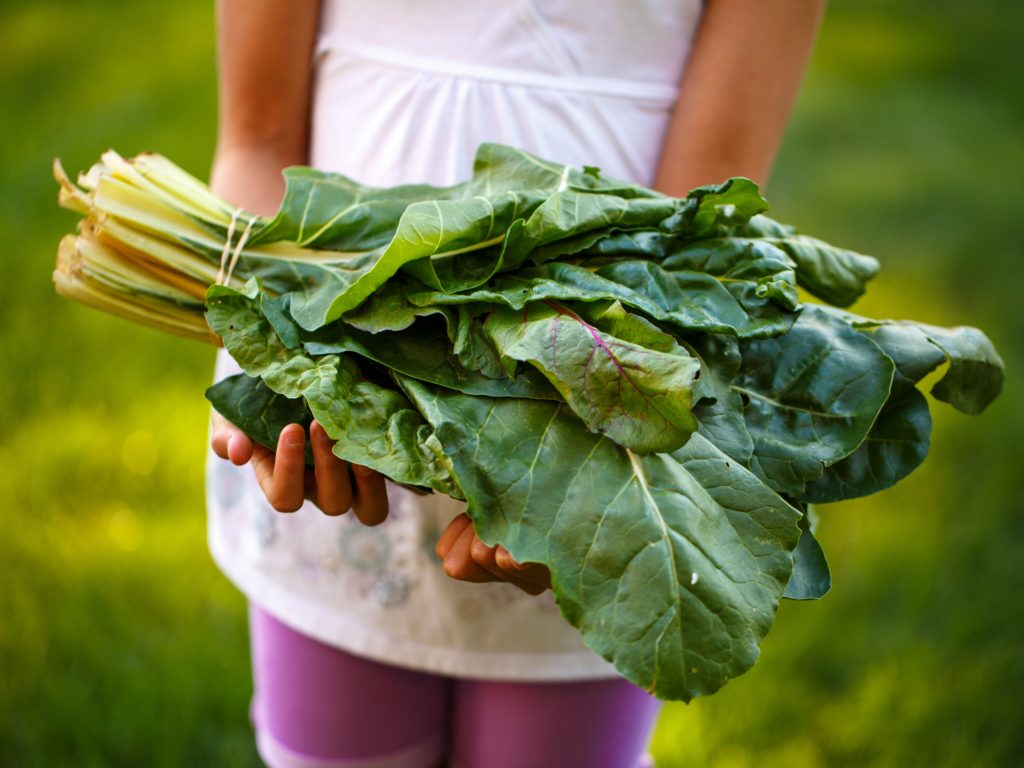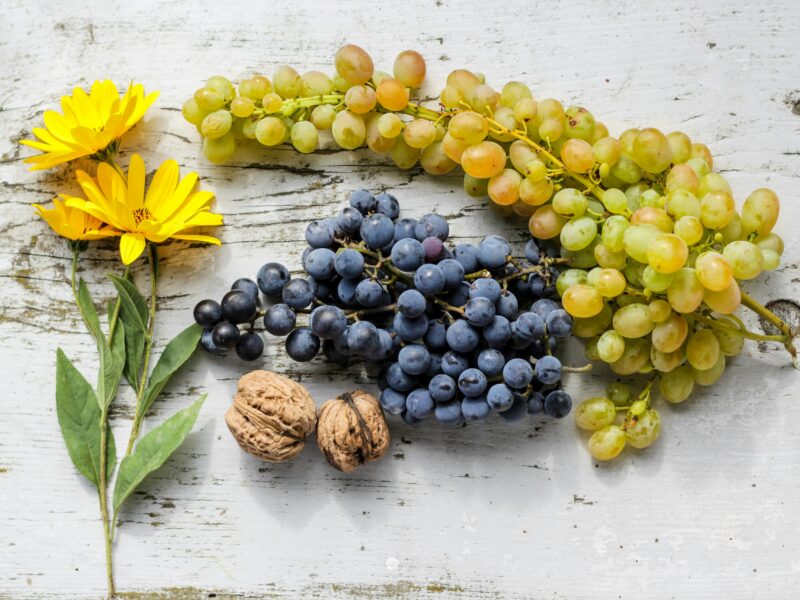COVID-19 has indelibly changed every aspect of our lives. Its influence has created challenges, restructured social settings, and redefined meanings of common words and phrases. The terms “organic” and “clean,” for example, have a new, heightened relevance with consumers in a post-COVID-19 environment with their hyper-focus on strengthening immune systems and preparing bodies for any potential interaction with the virus. This has dramatically impacted the core of the food and restaurant industries, specifically healthy and organic food, and the numbers are impressive. With mindful eating and long-term health becoming more important for most, organic foods and diet are being picked by more and more people. And, going by what most recent studies have to say about it, switching to organic foods is the healthy choice today. Most people who buy organic do it because they want to eat healthier. It’s true – switching to an organic diet rapidly decreases exposure to a wide range of pesticides, including the main ingredient in Roundup, glyphosate. When communities control their own farmland, residents can invest in sustainable and affordable agriculture, which helps to alleviate hunger and malnutrition, according to the World Bank. Many organizations around the world are fighting to help communities regain control of their land and livelihoods. Learn more about 20 organizations protecting farmland. The “Circular Economy” approach to waste diversion can be best demonstrated by organic farming practices. They support natural systems of regeneration and waste simply does not exist as it revolves through the system to complete the Circular Economy cycle. The traditional Linear food systems have for many years supported a fast-growing population and economic growth, but also left a detrimental effect on water, soil quality, biodiversity, ecosystem services, and the climate. As a result, a fundamental transformation to adopt circular economy systems globally is needed now more than ever as the future survival of humans hangs in the balance.
COVID-19 Fuels Growth in Organic Food Options
COVID-19 has indelibly changed every aspect of our lives. Its influence has created challenges, restructured social settings, and redefined meanings of common words and phrases. The terms “organic” and “clean,” for example, have a new, heightened relevance with consumers in a post-COVID-19 environment with their hyper-focus on strengthening immune systems and preparing bodies for any potential interaction with the virus. This has dramatically impacted the core of the food and restaurant industries, specifically healthy and organic food. And the numbers are impressive.
https://modernrestaurantmanagement.com/covid-19-fuels-growth-in-organic-food-options/
How organic farming practices lead to a circular economy
The “Circular Economy” approach to waste diversion can be best demonstrated by organic farming practices. They support natural systems of regeneration and waste simply does not exist as it revolves through the system to complete the Circular Economy cycle. The traditional Linear food systems have for many years supported a fast-growing population and economic growth, but also left a detrimental effect on water, soil quality, biodiversity, ecosystem services and the climate. As a result, a fundamental transformation to adopt circular economy systems globally is needed now more than ever as the future survival of humans hangs in the balance.
https://www.miragenews.com/how-organic-farming-practices-lead-to-a-circular-economy/
Switching to organic foods may have immense health benefits: Things you need to know before buying them
With mindful eating and long-term health becoming more important for most, organic foods and diet are being picked by more and more people. And, going by what most recent studies have to say about it, switching to organic foods is the healthy choice today.
Organic Farming Protects Communities from Toxic Chemicals
Most people who buy organic do it because they want to eat healthier. It’s true – switching to an organic diet rapidly decreases exposure to a wide range of pesticides, including glyphosate (the main ingredient in Roundup).
https://www.ecowatch.com/organic-farming-2646992737.html?rebelltitem=1#rebelltitem1
Farms for the Future: 20 Organizations Protecting Farmland
When communities control their own farmland, residents can invest in sustainable and affordable agriculture, which helps to alleviate hunger and malnutrition, according to the World Bank. Many organizations around the world are fighting to help communities regain control of their land and livelihoods.









